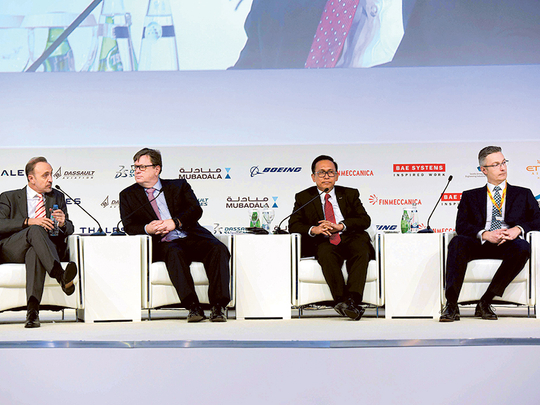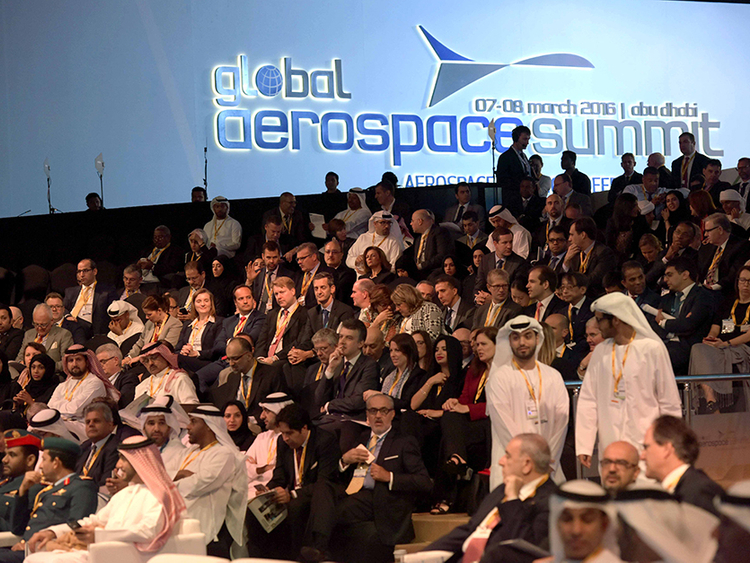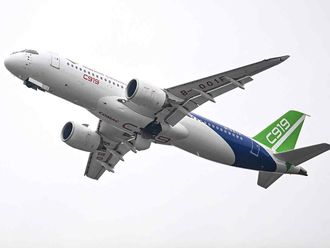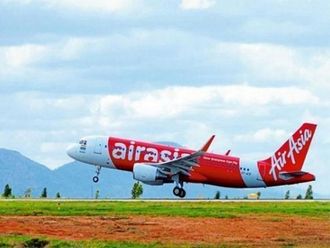
Abu Dhabi: Air Arabia, the Sharjah-based low-cost airline, is expected to continue seeing a dilution in its yields this year on the back of lower oil prices and a tougher operating environment, a top spokesman said.
“I think the yields will continue to be challenging … It is no secret that it is a challenging environment for all businesses in this region and other regions; the world economy is difficult … We expect that we will continue [to see] growth in 2016, but we have to be realistic that it will be a challenging year,” said Adil Ali, chief executive officer of the airline.
Last month, Air Arabia reported Dh531 million in net profit for 2015, marking a drop from the Dh566 million seen in 2014. Profits for the fourth quarter of 2015 alone fell 13 per cent to Dh59 million from Dh68 million in the same quarter in 2014.
The results marked the airline’s third consecutive quarter of lower profits.
Despite the drop in profits, the CEO described the company’s results for 2015 as “fantastic” considering that Air Arabia reported a six per cent decline amid a global average decline rate of 11 per cent.
He added that he was optimistic on the outlook for 2016 as macroeconomic challenges and the decline in consumer spending will mean better business for low-cost carriers.
“We have put in an expected capacity increase of nine per cent. We added new routes and improved [our] routes, and those are all done for the right reasons,” Adel said.
Air Arabia is set to receive six aircraft in 2016 and four aircraft in 2017, with the CEO saying that financing for this year’s deliveries has already been done. He added that given the company’s current financial position of “very solid cash,” it will not need to tap the market for funding.
“If we need further [capacity] in terms of aeroplanes, we can always lease, and at some stage, once we’re ready, we’ll put a new order in,” he said.
Discussing price hedging and the impact of that on Air Arabia, Adel said, “Hedging has been a part of our policy and it continues to be. We are aware that hedging [leads to a fluctuation] in the fuel price, but we hedge to insure that our costs are maintained and controlled to operate our business.”













